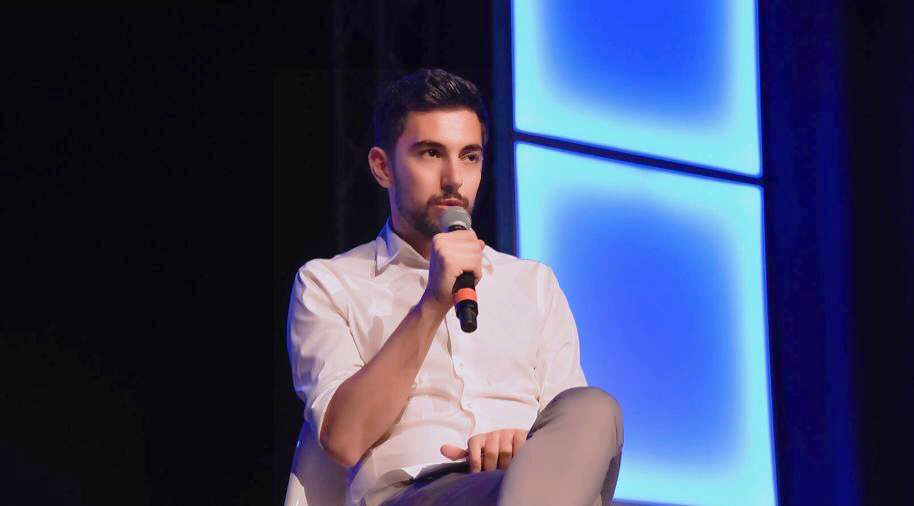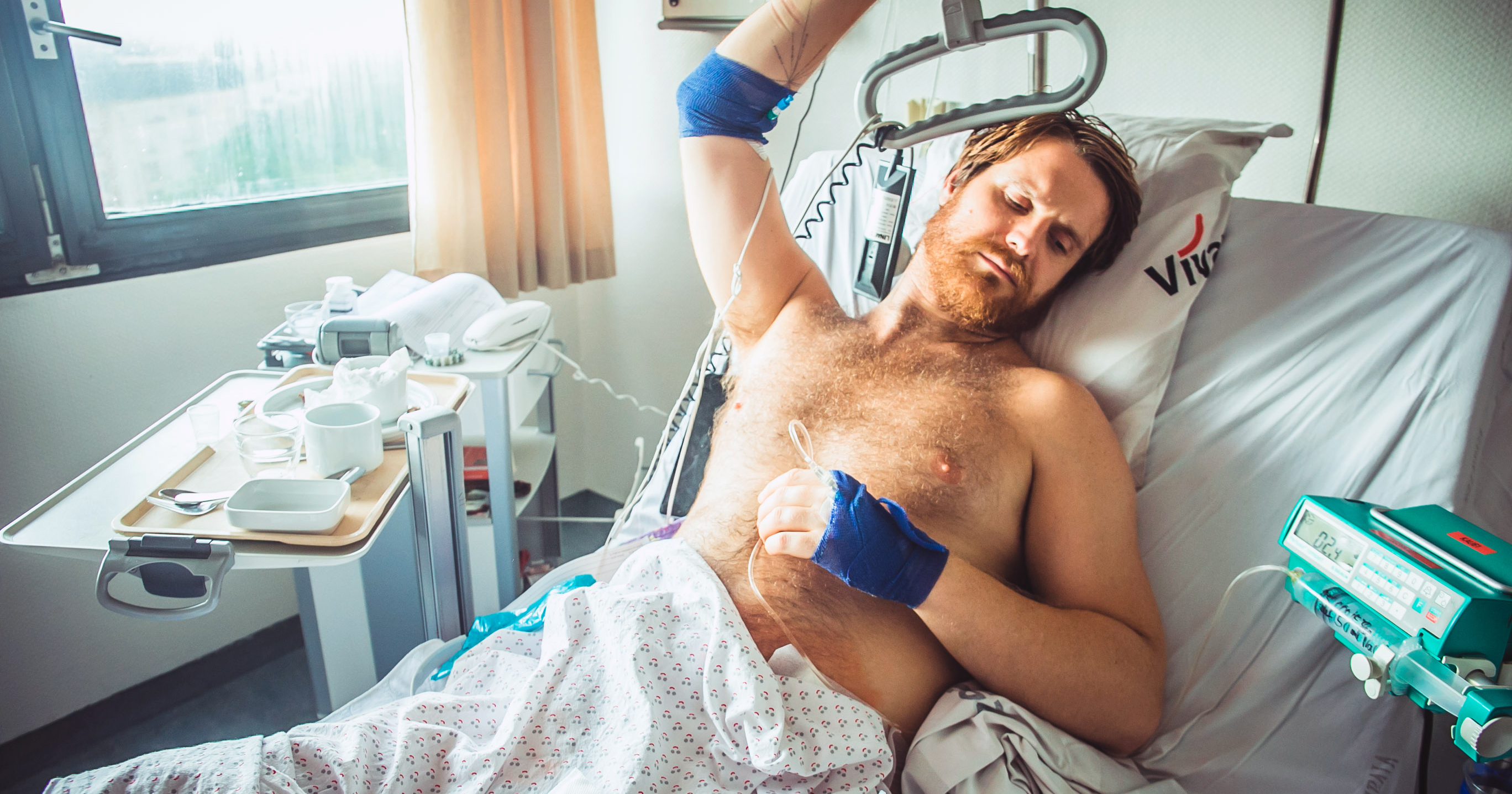Last week, news broke of Welsh queer performance artist and sex and health columnist living in Berlin, Danny Polaris, being hospitalised for a potentially fatal priapism – a constant, painful erection – after taking unprescribed erection-enhancing drugs.
Danny shared his story with GCN, describing the series of events which led to his hospital admittance, to raise awareness of the dangers of mixing unprescribed erection-enhancing drugs with other medications.
Danny’s ordeal begun on Friday, July 26 when a man he met at a popular Berlin club, offered him Alprostadil, an erection-enhancing drug in the form of an injection.
He had already taken viagra but the man claimed to be a medical professional so he thought “What could possibly go wrong”.
When it was injected, there was an immediate reaction between the Alprostadil, Danny’s HIV medication and the viagra already taken which resulted in an extremely dangerous priapism.
Since then, he has been hospitalised and has had a series of extremely painful surgical procedures to stop the blood clots that had formed in his penis from travelling to his brain or lungs, which would result in his death.
Despite his recovery, Danny still faces an uncertain future in regards to medical treatment.
A GoFundMe campaign has been set up to help Danny with his rehabilitation and future specialised treatments.
He has also been sharing updates on his slow recovery on his social media.
https://www.instagram.com/p/B0_wedLnq9N
In the past week, Danny’s story went viral in several countries, with many sites reporting on his ordeal and the fundraiser.
Something strange happened however when the story reached Italian news sites. Facts were dramatically changed and newspapers such as Leggo and Libero reported that Danny was a straight man who asked “a friend” to inject the Alprostadil to “impress his girlfriend.”
Most Italians sites which published this straight-washed version of the story quoted the British tabloid, Metro, as the source.
On their site, Metro reported that Danny “went home with a nurse he met, he allowed his friend to inject a stimulant into his penis”.
Despite the information not being accurate, the nurse’s gender is not specified and nowhere in the story is it mentioned that Danny wanted to “impress his girlfriend”, which would suggest a deliberate attempt to change the facts.
GCN reached out to gay Italian journalist Simone Alliva to comment on whether, in his experience, straightwashing of LGBT+ news is something that happens often in Italy.
“Italy is a country with a high rate of homophobia, especially in recent years. News on LGBT+ people is often manipulated and distorted to suit political agendas. But straightwashing is a completely new trend.”
According to Simone, part of the reason why this particular story was completely changed is the fact that often Italian newspapers and news sites don’t verify their sources: “There are very few people who verify. What matters is how many clicks the story gets.”

But this is only part of the problem. With the increase of homophobic and transphobic violence in Italy and the government’s continuous attacks on LGBT+ families, Simone commented, “We live in a very worrying time”.
“A certain latent homophobia that Italian people have always possessed has now been made socially acceptable. The continuous attempts of sending the LGBT+ community back in their closet are very obvious.
“The manipulation of Danny’s story is emblematic: the news had potential to be interesting, so the media ‘fixed it’ to make it appealing for Italian readers, who don’t want to read about gay sex. The revised version of the story becomes a sexy comedy, with an ’80’s flavour that Italians love: ‘The man who tries to impress women by getting a very long erection’.”
When asked if he has experienced straightwashing as an openly gay journalist, Simone says that he is lucky as the magazines he usually writes for, such as L’Espresso, are at the forefront for LGBT+ rights. He also describes as often this is not the reality for most publications in his country: “As a journalist in Italy, it is extremely difficult to write about LGBT+ themes. You can write about sex but not about sex between two men or two women. You can’t write about sexual health, PrEP, chemsex or other topics considered taboos.
“The censorship journalists face when it comes to LGBT+ related themes is extremely strict. Journalists rarely try to bring up these kinds of topics, as we all know they wouldn’t be greenlit.”
© 2019 GCN (Gay Community News). All rights reserved.
Support GCN
GCN is a free, vital resource for Ireland’s LGBTQ+ community since 1988.
GCN is a trading name of National LGBT Federation CLG, a registered charity - Charity Number: 20034580.
GCN relies on the generous support of the community and allies to sustain the crucial work that we do. Producing GCN is costly, and, in an industry which has been hugely impacted by rising costs, we need your support to help sustain and grow this vital resource.
Supporting GCN for as little as €1.99 per month will help us continue our work as Ireland’s free, independent LGBTQ+ media.
